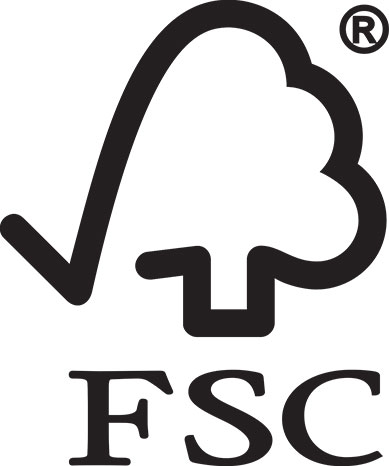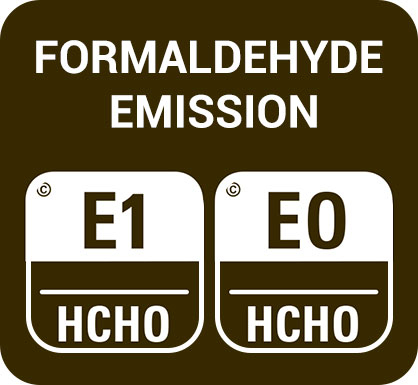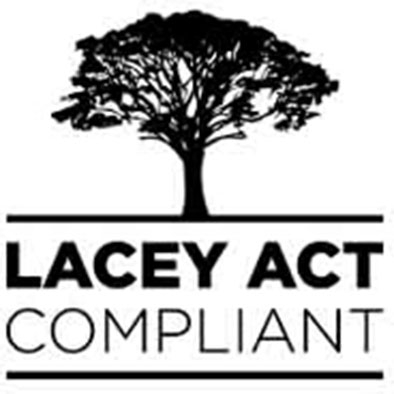Mesun Bamboo Certifications

The Forest Stewardship Council (FSC) is an international non-profit, multi-stakeholder organization established in 1993 to promote responsible management of the world’s forests. FSC claims that forests managed to its standards offer benefits to both local and wider communities and these are said to include cleaner air and water, and a contribution to mitigating the effects of climate change.
The FSC therefore provides a link between responsible production and responsible consumption and helps the customers to make socially and environmentally responsible buying bamboo products.
Since 2008 bamboo is included in the FSC system and Mesun was one of the first bamboo factories to be certified. All of our products can export with FSC certification.

E1 & E0 is a standard of safety recognized in Europe. This standard signals the maximum levels of formaldehyde that each piece of flooring can contain. In the United States, we use CARB (California Air Resource Board) ratings. Although these two standards use separate testing methods, the standards are similar.
E0 is the amount of formaldehyde released less than or equal to 0.5 mg/l00g. E1 is the amount of formaldehyde released less than or equal to 9.0mg/100g. E1 standards say that acceptable formaldehyde emissions are an emission level of .10 parts per million. That’s similar to CARB phase 2 standards, which say .11 parts per million is acceptable.
All of our bamboo paneling, lumber can reach the E1 standard, even the E0. Because we normally use Dynea glue to ensure our panels non-toxic for interior applications. Each of our products owns MSDS

The Lacey Act is a US federal conservation law. It initially was enacted in 1900 to protect wild life. It was amended in 2008 to include plants and plant products, including wood (bamboo). In the plywood industry, the Lacey Act deals with illegal logging. It prohibits the import, sale or trade of illegally harvested wood and other forest products in the United States.
Lacey states that all wood products imported into the United States must include an import declaration. Whether a product must be accompanied by a declaration is determined by three questions:
1. Does it contain plant material? Bamboo is considered plant material, so the answer is yes.
2. Is it a formal entry? If it is being imported into the United States, as opposed to hand-carried, the answer is yes.
3. Is the Harmonized Tariff Schedule (HTS) code on the Schedule of Enforcement of the Plant and Plant Product Declaration? For bamboo panels, the potential HTS code products could include wood in the rough; wood sawn or chipped lengthwise; sheets for veneering; and plywood or veneered panels. If any of these products are included, the answer is yes.